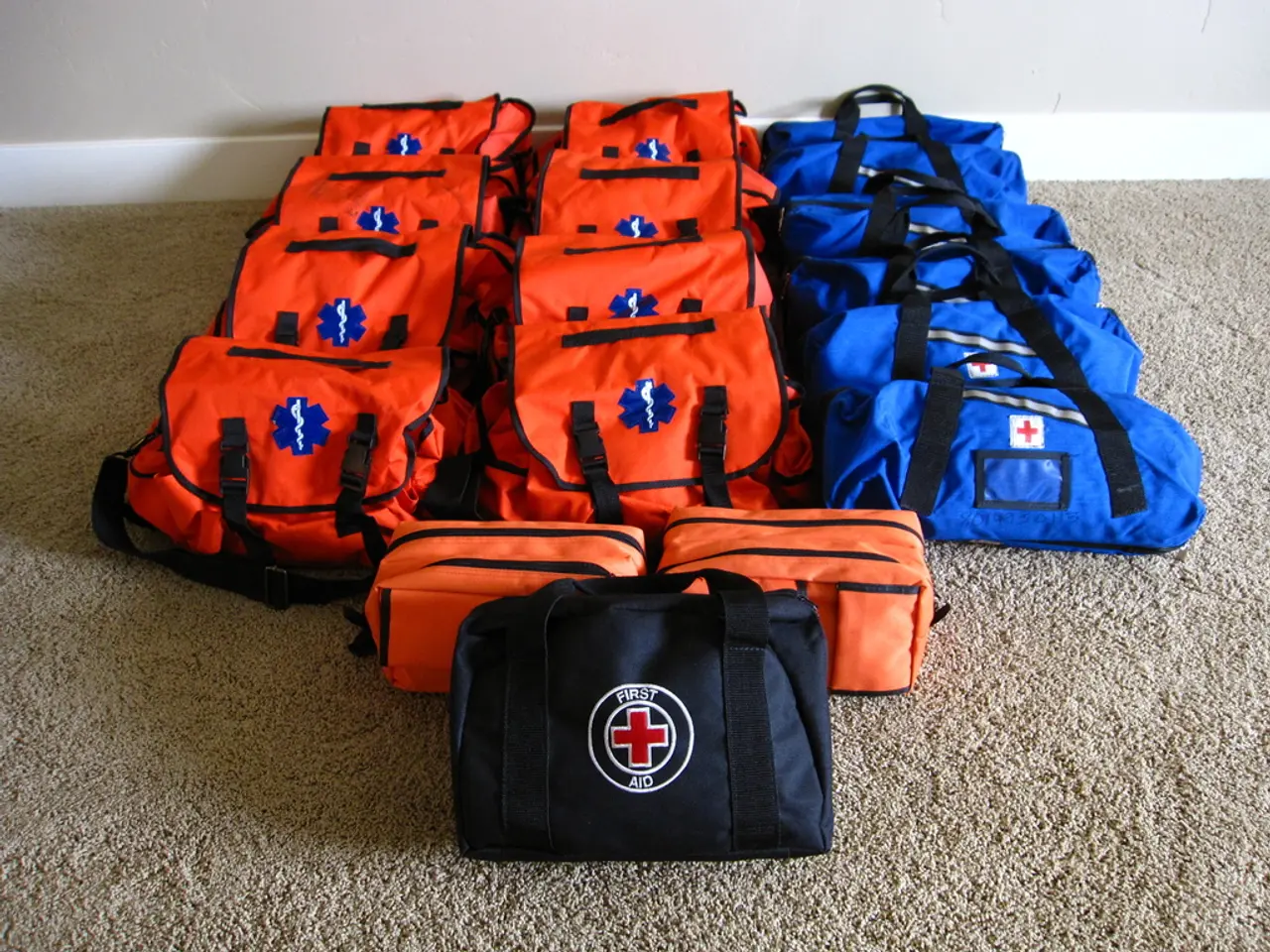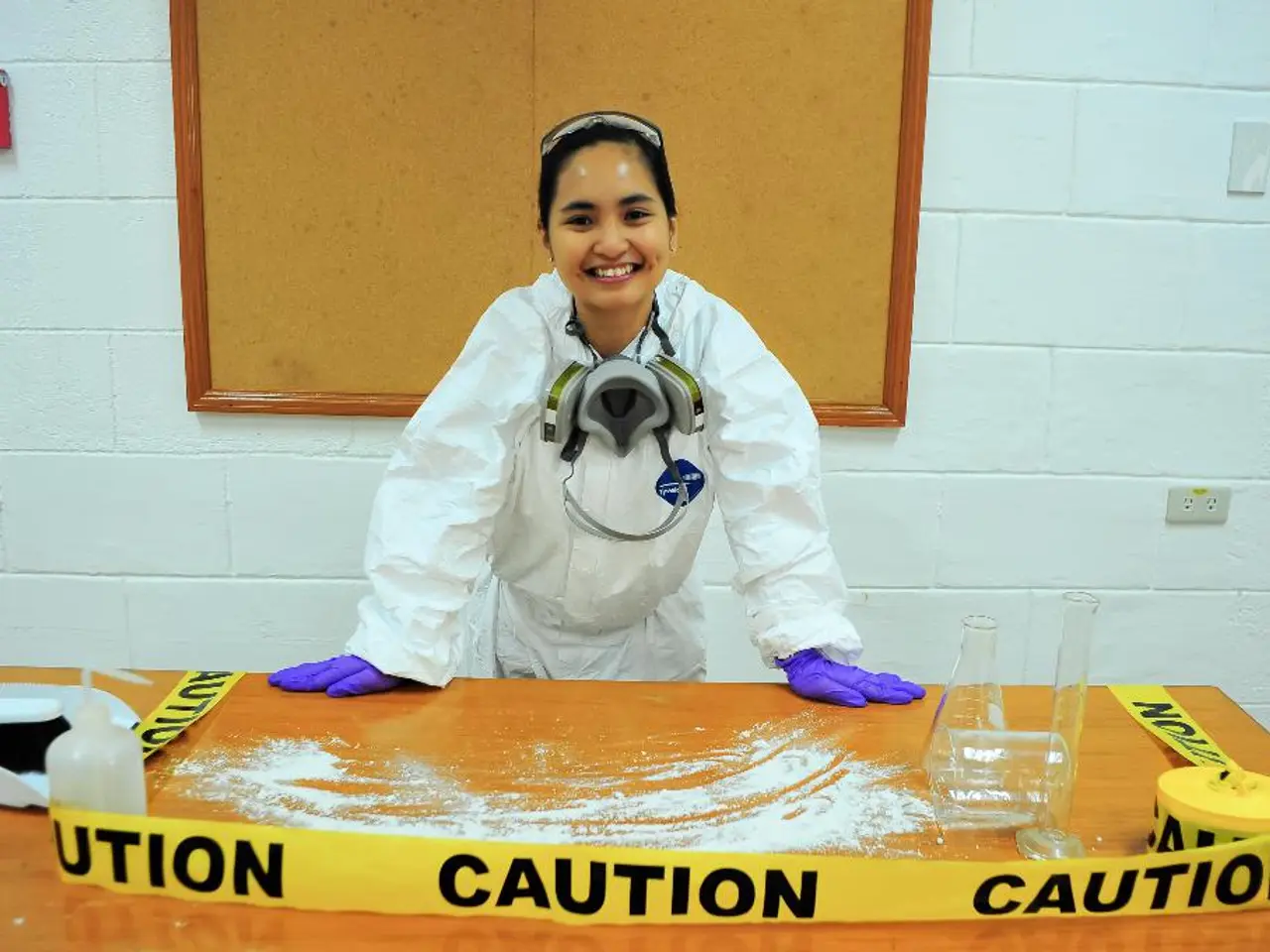Experiencing Melancholy after a Holiday: Managing Post-vacation Mood Swings
Returning from a vacation can often be a challenging transition, as the excitement and freedom experienced during travel can lead to feelings of anxiety and sadness when faced with the demands of daily life. This phenomenon, known as post-vacation depression or post-travel blues, is not a recognized medical condition, but it is a common experience for many people.
Post-vacation depression can last from a few days to as long as three weeks, and it can be triggered by various factors such as work stress, burnout, dissatisfaction with life, or a lack of relaxation during the vacation. If these feelings persist or worsen significantly, it may be wise to seek advice from a mental health professional.
To effectively cope with post-vacation depression, several strategies can help ease the transition back to everyday life and lift your mood.
The first step is to ease back into reality gradually. Give yourself at least a buffer day before resuming work or demanding tasks. Avoid scheduling a heavy workload immediately; instead, break tasks into smaller, manageable parts and prioritize the most important ones first. This approach reduces overwhelm and psychological stress.
Another tactic is to plan your next adventure. Having a future trip or even a small weekend getaway on the horizon gives you something positive to look forward to, sustaining excitement beyond your last vacation.
Staying connected to your trip memories can also help alleviate post-vacation blues. Share stories with friends or colleagues, organize your travel photos, journal about your experiences, or creatively express your memories through art or video. This helps keep the joyful feelings alive.
Creating mini "vacations" at home can also help break the monotony of daily life. Try new local restaurants, decorate your home with souvenirs, or cook dishes inspired by your travels while listening to music from the destination.
Lastly, maintaining physical activity is essential, as exercise is known to improve mental health and alleviate symptoms of depression and anxiety broadly, which may also help post-vacation blues.
In conclusion, recognizing that feeling down after a trip is normal and allowing yourself time to readjust is important. By implementing these strategies, you can manage your feelings of sadness or disappointment and successfully transition back to your regular life. If symptoms persist or worsen significantly, consider consulting a mental health professional for further support.
References: [1] Expert recommendations emphasizing gradual reentry to routine, mental engagement with positive memories, and sustaining anticipation for future enjoyable experiences. [2] Maintaining physical activity as a means of improving mental health and alleviating symptoms of depression and anxiety. [3] Recognizing that feeling down after a trip is normal and allowing yourself time to readjust. [5] The importance of personal lifestyle changes in managing post-vacation depression.
Mental health professionals might advise that, to tackle post-vacation depression, it's crucial to phasing back into everyday life gradually, taking time to rest before resuming work or demanding tasks. Additionally, maintaining a healthy lifestyle can significantly help alleviate these feelings. For instance, planning exercise routines, engaging in hobbiesrelated to the trip, or preparing dishes inspired by your travels, can boost your mood and help relieve post-vacation blues.




